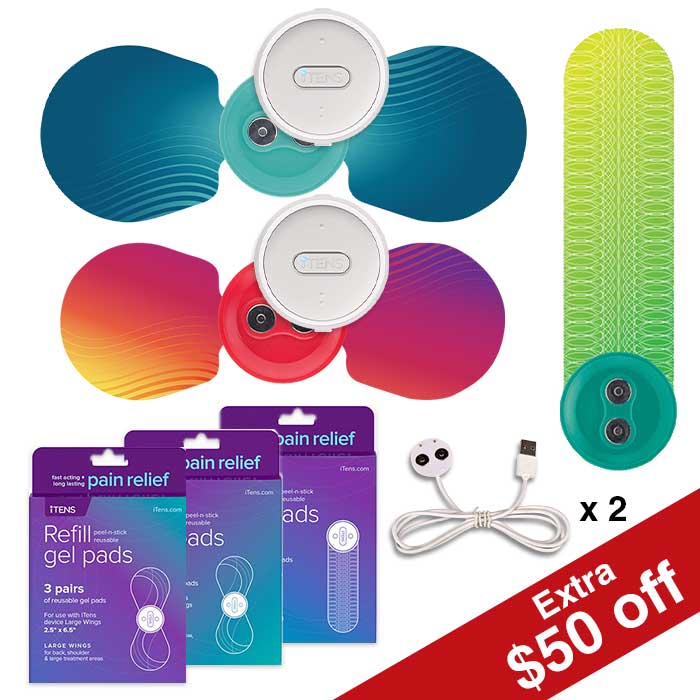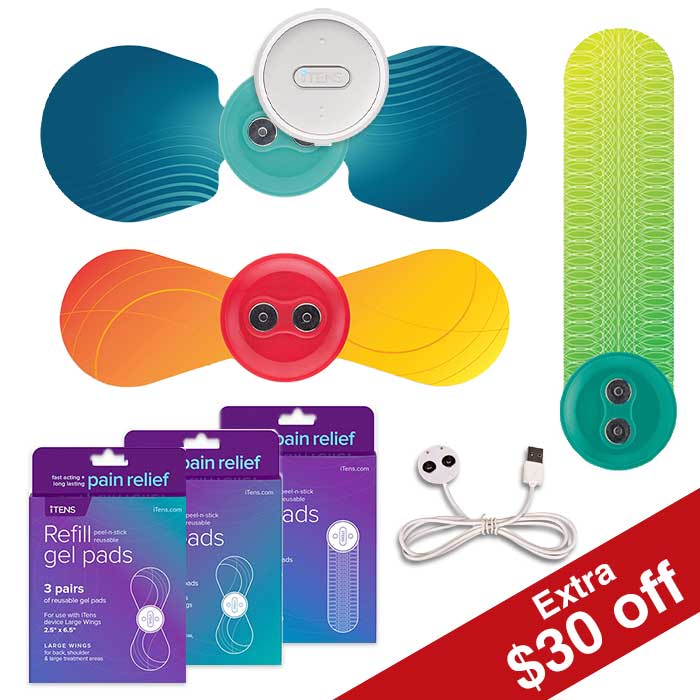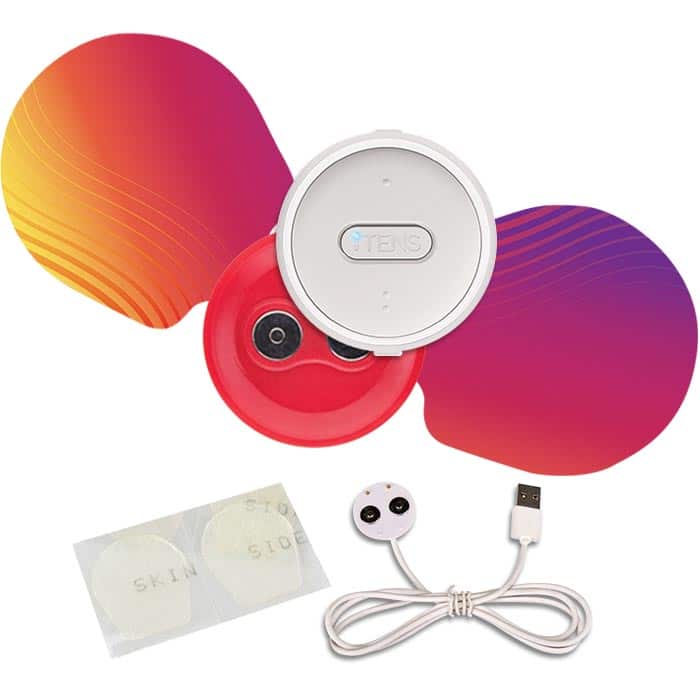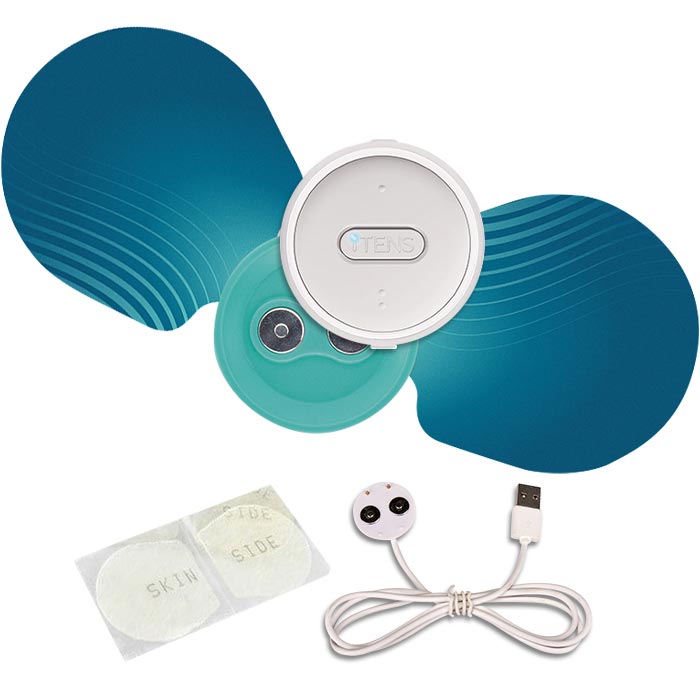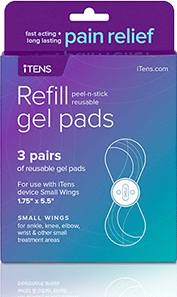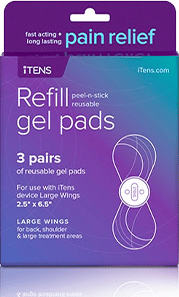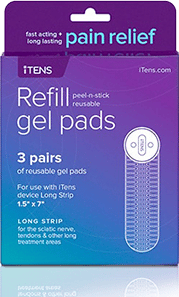
People feel pain for any number of reasons throughout their lives. It may not always be easy to treat the cause of the pain. To manage it, over-the-counter (OTC) painkillers are available for consumption. They do not require a prescription, so someone can go out and purchase them as soon as they decide they need them. The strongest over-the-counter painkillers typically reduce inflammation in the body, thus relieving pain. Some examples are Ibuprofen, naproxen and aspirin.
Painkillers are a quick way to deal with pain such as headaches, arthritis, and sprains. They are specifically designed to target functions that communicate pain, while avoiding affecting other systems. Nevertheless, there are certain safety measures one must take when using them. It is important not to take too many or to mix medications together. This article will cover the strongest painkillers, how they work, and the side effects that they may have.
What are the Strongest Over-the-Counter Painkillers?
Generally, OTC medicines are FDA-approved, which means that they do not require a prescription. They are safe to use for general consumption as they have lower doses and potencies. They can be used for colds, headaches, fevers, stomachaches, and other kinds of pain. The strongest over-the-counter painkillers are non-steroidal anti-inflammatory drugs (NSAIDs) as they reduce swelling and inflammation.
NSAIDs are used to treat mild-to-operate pain that arises from a myriad range of conditions. This may include migraine, headache, menstruation, osteoarthritis, toothache and muscle sprains and strains. Under NSAIDs, the top medications are ibuprofen, aspirin, and naproxen. Ibuprofen is used to reduce fever and treat pain or inflammation.
There are many different brands of painkillers that have these chemicals in them. Advil, Motrin, and Excedrin are some of the most popular options. Other less well-known brands contain the same substances. The amount of actual drug contained within the medication determines its strength. Consumers can check the label before purchasing to see how strong it will be.
Uses of Over-the-Counter Painkillers
Painkillers provide short-term relief for pain and fever. These medications are easily accessible and available for purchase at most pharmacies. They are intended to provide temporary relief from pain but do not address the issue itself. This means that they should not be used on their own. Instead, try to identify the reason for the pain and treat it. In the meantime, painkillers can help ease the process. They are most useful for minor pains and issues such as:
- headache
- back pain
- menstrual pain
- earache
- teething and toothache
- sinusitis
- muscle sprains and strains
- arthritis
- recovery from surgery or medical procedures

Strongest Over-the-Counter Painkillers: How Do They Work
The strongest over-the-counter painkillers work by inducing certain reactions in the body. A common type of painkiller works against inflammation. Tissue inflammation is an automatic response in the body during the healing process. Injuries like sprains may swell as the immune system tries to repair it. This swelling can be a source of pain itself. Anti-inflammatory painkillers address this type of pain by reducing swelling. They do this by inhibiting certain chemicals that would cause inflammation.
Some types of painkillers do not reduce swelling. Nevertheless, they can bring down a fever and still inhibit pain signals from the brain. They are easy to take, meaning relief can be fast and convenient. Each medication will come with instructions for how often and how much to take.
Some painkillers are topical. The user places them over the affected area as a local anesthetic. These medications slow down nerve activity, effectively reducing the amount of pain signals sent to the brain. They are most useful for surface-level issues on the skin.
Forms of Painkillers
Over-the-counter painkillers can be bought from a supermarket, pharmacies and other shops without a doctor’s prescription. These stores are not allowed to sell more than 2 packs at a time to a person in order to prevent from one taking too many accidentally or intentionally. OTC painkillers come in different forms such as tablets, or capsules.
In addition to that, there are tablets or powders that can be dissolved in water before taking it. Another example is a liquid or syrup. There are also creams and gels which can be rubbed into the skin, and patches to be placed on the skin to alleviate pain.

Strongest Over-the-Counter Painkillers: Side Effects
Some of the strongest over-the-counter painkillers have potential side effects. They can cause nausea or dizziness, especially among those who are not used to them. Some preexisting conditions like heart problems may worsen these side effects or have more significant ones. When in doubt, it is always best to ask for professional advice when available before taking them.
When taken consistently over a long time, side effects may increase. A person may develop stomach bleeding or experience vomiting and lightheadedness. Protracted use will also contribute to an increased tolerance to that medication. Therefore, one should not use more painkillers than are necessary and should stop using them once the pain subsides.
If not used properly, painkillers can lead to serious issues or even death. Be sure to follow the recommended safety guidelines below, and any additional instructions from the pharmacist or medication packaging. The benefits of painkillers are amazing, but they do carry significant risks if the user is not careful with them.
Safety Considerations
While taking medications, there are certain steps to take to maximise safety. Some medications are age-restricted, so should not be given to children. Additionally, do not mix medications or take them with alcohol. This may cause unintended reactions or mask effects., leading to additional issues.
Read all instructions on medications and do not exceed recommended doses. Be sure to continuously monitor your condition while taking medication. If you start to feel something off or notice any reactions, immediately stop. Contact a doctor for advice before continuing treatment, as there may be risks or alternative medications available.
Conclusion
It is common for people to seek the easiest medication in order to relieve pain. NSAIDs are known to be the strongest over-the-counter painkillers that can help to manage sharp pains. There are different NSAIDs available, however, they all work in the same way and have the same purpose and that is to control processes like blood flow, inflammation, and the formation of blood clots. The common lists of NSAIDs are ibuprofen, aspirin, naproxen, mefenamic acid and the like.
OTC medicines or painkillers may work against inflammation and may be recommended for acute pain. Overall, keep in mind the safety precautions in taking medications like the age restrictions and unintended reactions, and not mixing them with alcohol. This may lead to additional issues. Read and follow the instructions carefully and consult your doctor for medical advice before taking any medicine.

